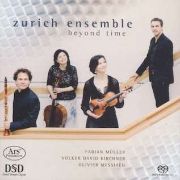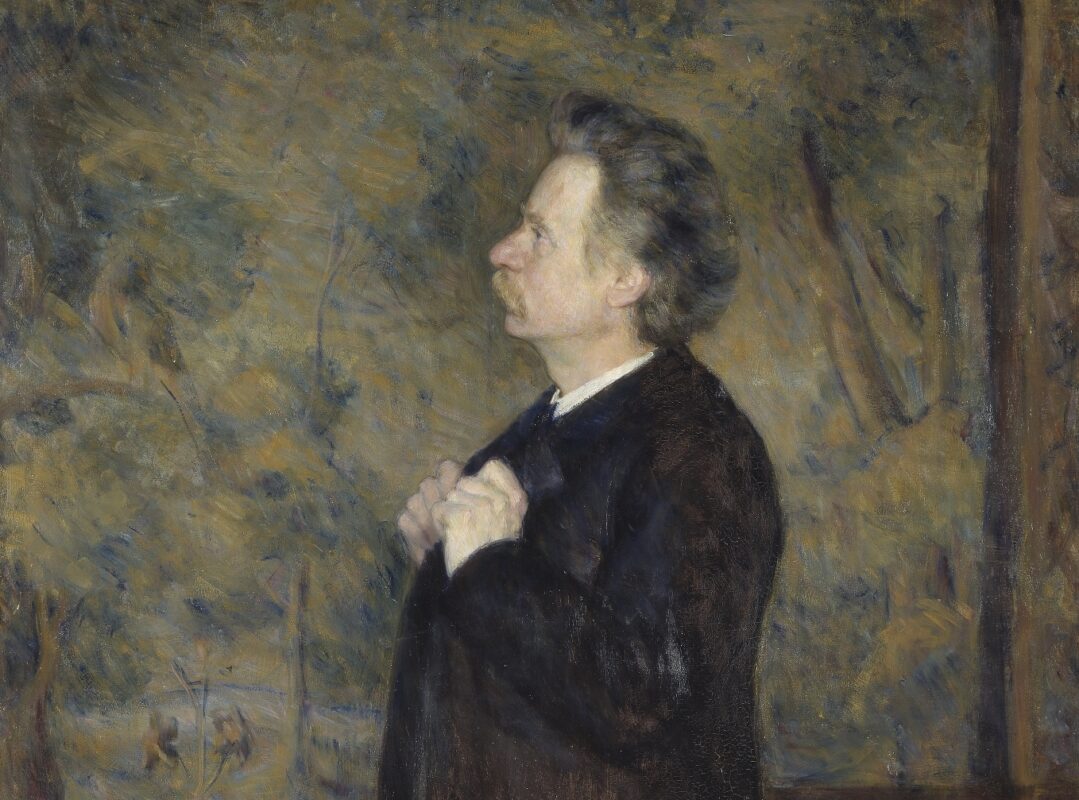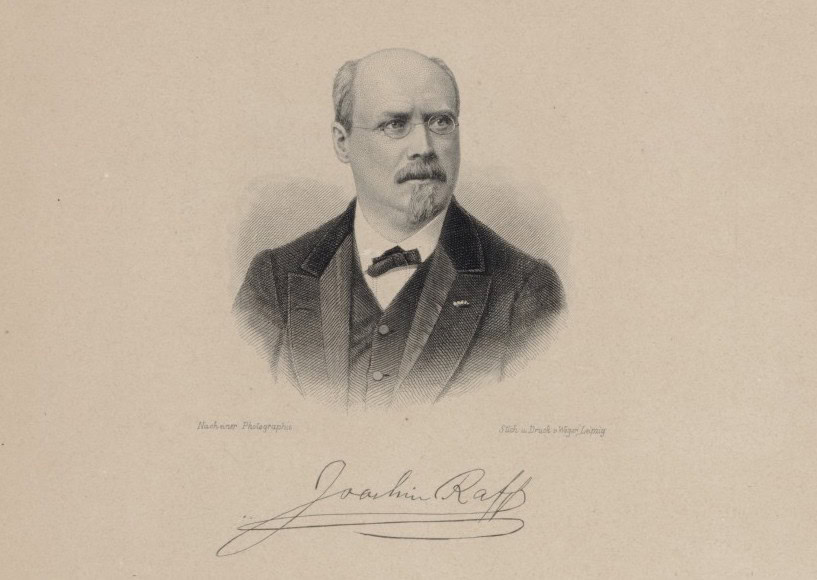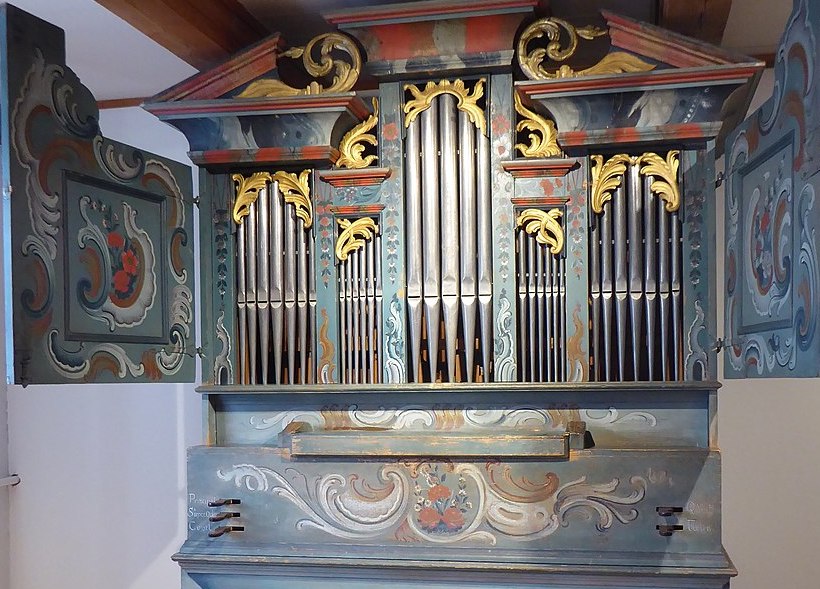At the end of time
On "beyond time", the Zurich Ensemble takes on Messiean's "Quatour pour la fin du temps", but begins with contemporary compositions by Fabian Müller and Volker David Kirchner.
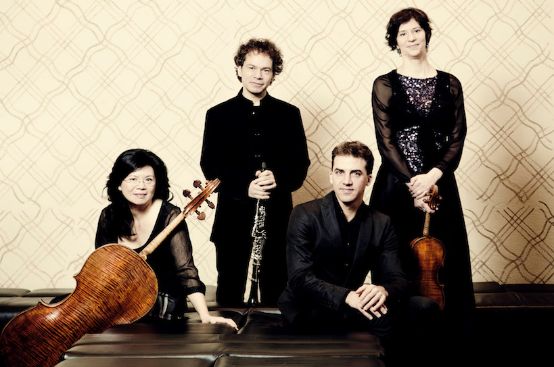
Do difficult circumstances increase the hunger for artistic expression? In a prisoner-of-war camp near Görlitz in 1941, hundreds of inmates listened spellbound to a quartet formed by fellow prisoners. One of them was Olivier Messiaen. The premiere of the piece from his pen, the Quatour pour la fin du temps, is today regarded as one of the most influential chamber music works of the 20th century.
Fabio Di Càsola (clarinet), Kamilla Schatz (violin), Pi-Chin Chien (cello) and Benjamin Engeli (piano) were inspired by this world premiere under extreme conditions and recorded this unprecedented composition on their second CD. The result can lay claim to being a benchmark. The Zurich Quartet's clearly defined approach makes it possible to experience Messiaen's world of ideas up close, sometimes oppressively direct: a maximum of exciting colors is drawn from the excessive use of modal scales and cluster-like harmonies. There are also occasional flashes of the characteristic instrumental rhetoric that Messiaen borrowed from birdsong. Elements from the world's musical cultures are cleverly harnessed for his own cause - just think of the many modal scales played in unison, as we know them from Indian music and as many jazz musicians have been using them since the 1960s.
It seems so weightless and self-evident how these players insistently trace every nuance, no matter how delicately ramified - whether finely chiseled harmonic glissandi in the highest registers or wide melodic lines in the cello or clarinet. And the way in which many an "infinite" melody unfolds its own breath in the long solo parts through accurately dosed vibrato is magnificent. The Quartet from the End of Time reflects states of strong ambivalence. This is the intention of the score, and so the playing, in addition to extensive meditative lines, also features regularly recurring bursts of oppressive energy.
This weighty program item is "preceded" by two contemporary compositions on this CD. Fabian Müller's composition explores the thoroughly humorous border areas between spoken word, song and instrumental music In the beginning - Three attempts to invent the world out. It is reminiscent of an expressionist melodrama in the style of Schönberg, as the soprano Christiane Boesinger attempts to "reinvent the world" in these texts.
Volker David Kirchner's play Exile in turn evokes states of mind similar to those of the Quartet for the end of time are not dissimilar, even if the elegiac, subdued diction of Kirchner's composition from 1995 seems incomparably more fragile.
zurich ensemble (Fabio die Casola, clarinet; Kamilla Schatz, violin; P-Chin Chien, violoncello; Benjamin Engeli, piano; Christiane Boesiger, soprano): beyond time (works by Fabian Müller, Volker David Kirchner, Olivier Messiaen). Ars Production 2016






